
Microsoft shouldn't do Office for Android
Seven months ago, when rumors burned hot, I explained why "Microsoft Office for Android and iOS is a Trojan Horse" -- that any mobile suite would be all about the cloud service. Sure enough, today Microsoft released the strangely named "Office Mobile for Office 365 Subscribers" to the App Store.
Office 365 is the productivity suite's future. Microsoft now claims to be a "devices and services" company. Smartphones are devices, Office 365 is a service and required for the iOS app. What more reasoning is needed? The Redmond, Wash.-based company provides more functionality than I predicted, but does so strictly in mobile context that doesn't diminish the PC product. That said, what Microsoft gives to iOS should be withheld from Android.
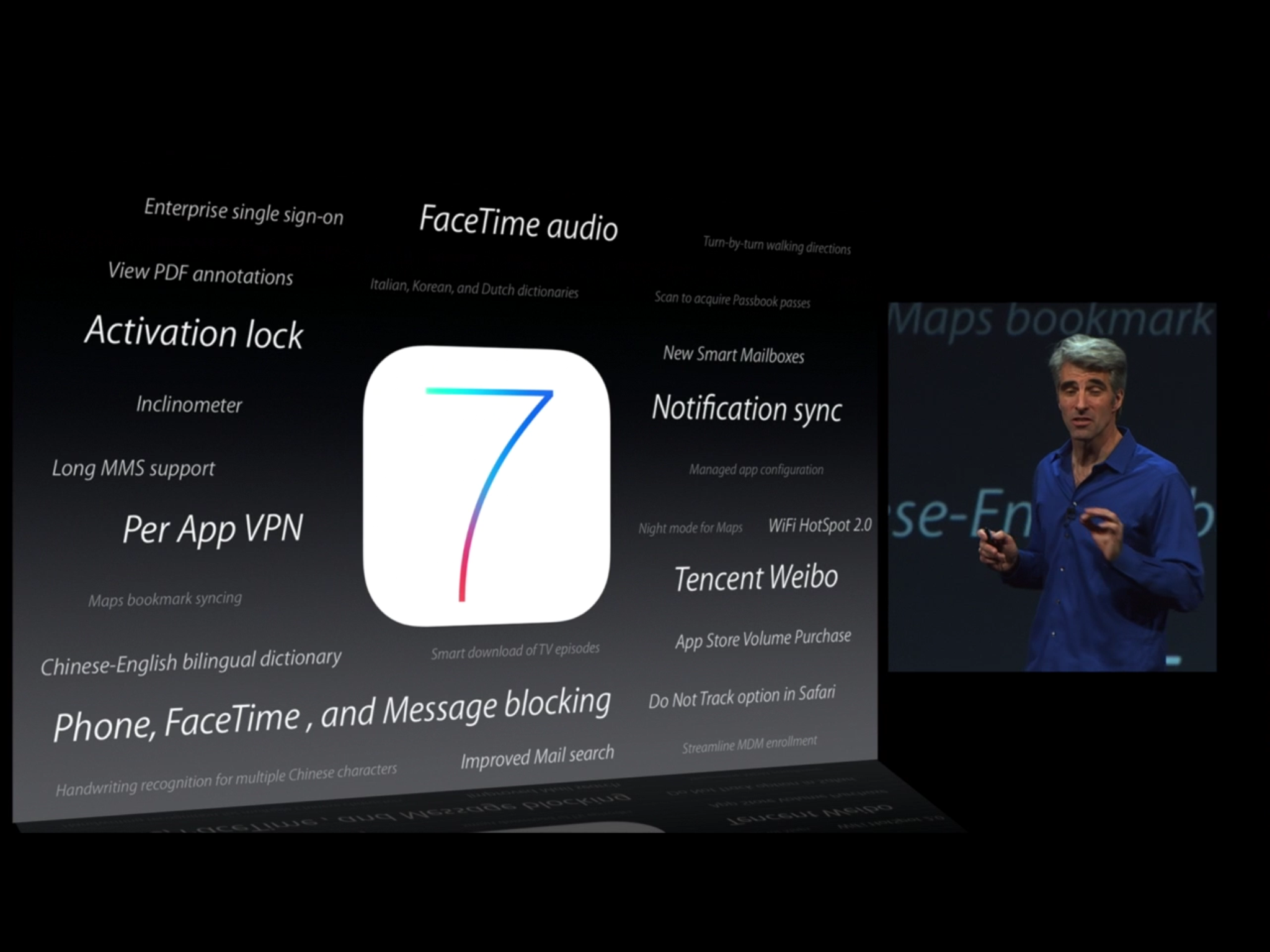
The iOS 7 features Apple didn’t mention at WWDC
There’s no question that iOS 7 is a sexy looking mobile operating system. Jony Ive and his team have done a fantastic job of reinventing and modernizing the interface, but the great news for fans of Apple products is iOS 7 isn’t all style and no substance.
Apple ran through a lot of the new or improved features yesterday, including Control Center, AirDrop, Photo app, Siri (with added Bing!), iOS in the Car, FaceTime Audio, and iTunes Radio. But there were features that Craig Federighi, SVP of Software Engineering, didn’t mention but which appeared on a slide in the background.
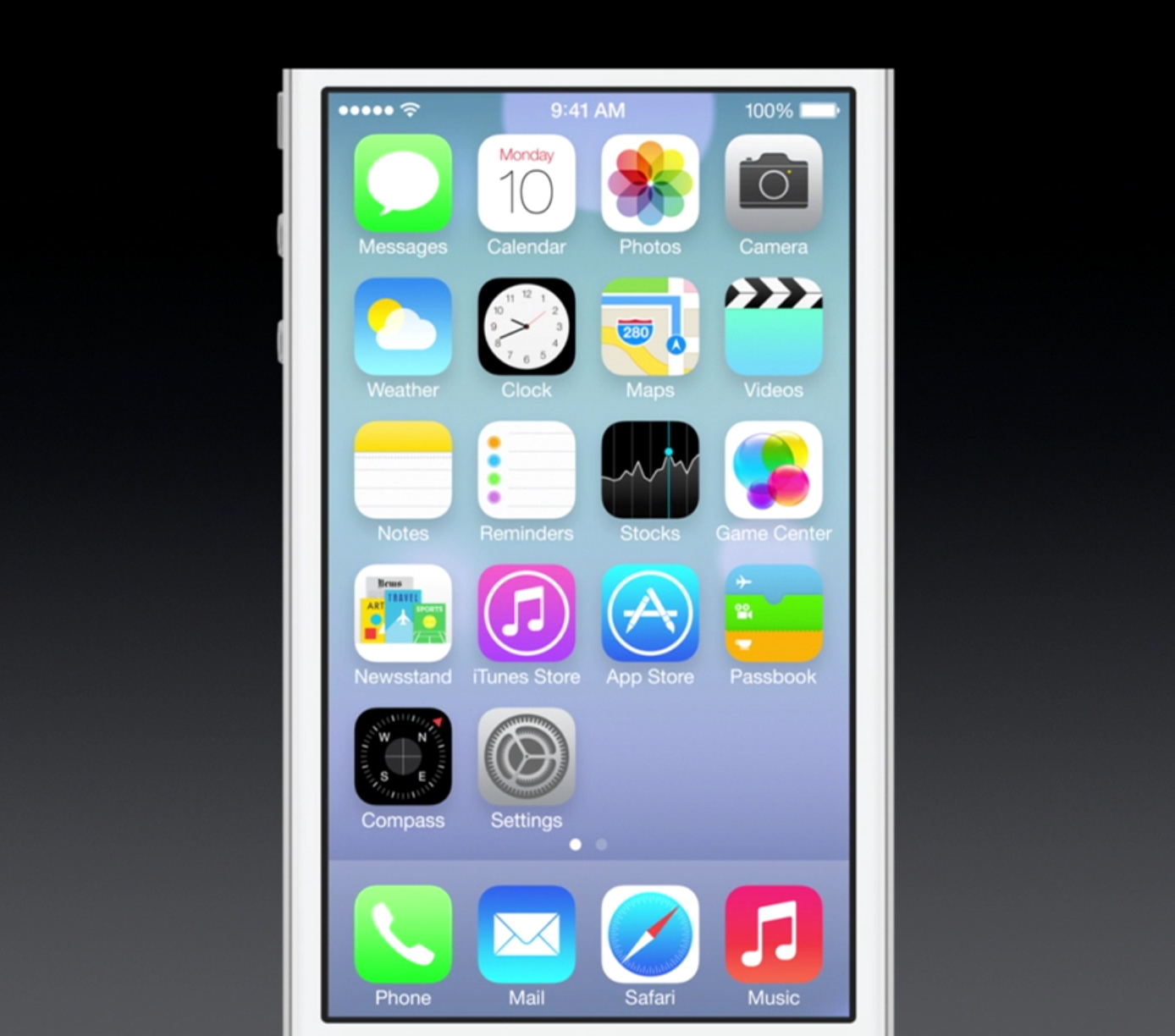
Apple reveals all new iOS 7 -- ‘defines an important new direction’
We all knew that Apple would be revealing a redesigned version of its mobile operating system today at the 24th Worldwide Developer Conference in San Francisco, and we've just been treated to an in-depth look.
As was widely reported, the Jony Ive designed iOS 7 has a flatter, functional design and the skeumorphism -- faux wooden bookshelves, green felt and the like -- that was a central theme in previous versions of the operating system is no more.
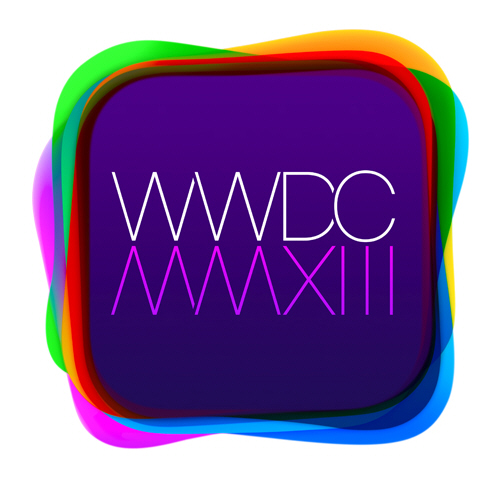
What to expect from Apple at WWDC 2013
Apple events are always preceded by rumours and occasional leaks, so we usually have at least a rough idea of what to expect prior to the keynote. There haven’t been any major leaks ahead of this year’s Apple Worldwide Developers Conference which could mean one of two things -- there’s nothing really big coming, or there’s something so big to be announced, security is super tight.
We do know some of what Apple CEO Tim Cook will talk about when he takes to the stage later today, and we have a good idea of what else might be announced, so prepare to get excited for the following…

Is it going to rain? The BBC’s new weather app can tell you
The BBC’s weather predictions tend to be reasonably accurate, and now you can check the corporation’s latest forecasts on a new app available for iOS and Android.
When you launch the app it detects your location and tells you what the weather is like where you are, providing details such as high and low temperatures, current conditions, humidity, visibility and wind speed.
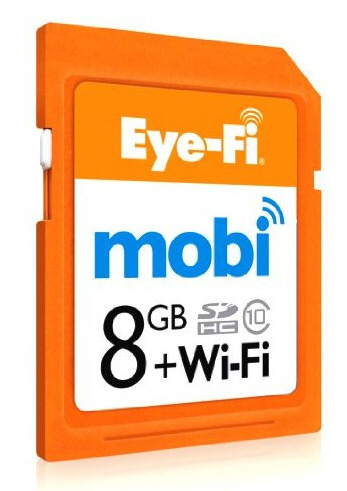
Eye-Fi's Mobi card lets you wirelessly transfer photos from a camera to your mobile device
Eye-Fi memory cards can automatically copy photos from your camera to a wireless enabled device, such as your PC, whenever you get in range. The new Mobi card, announced today, is designed to transfer photos from a camera to any iOS or Android handset.
All you have to do is insert the Mobi card into your camera, and use it as you would any ordinary SD card. Install the free app on your phone and pair it to the Mobi by entering a unique 10 digit code. Once paired, photos and videos can be copied over automatically.
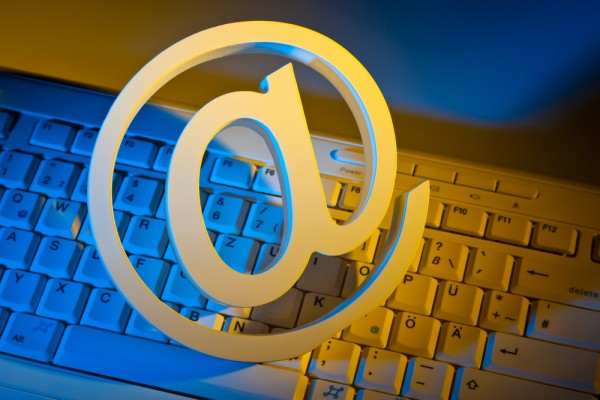
Mailbox on iOS is a major improvement over the official Gmail client
The default Mail app for the iPhone and iPad is capable enough, but sometimes you find yourself craving more. Google Mail users could opt for the official Gmail app, but despite some improvements over Mail, there’s still a bit of clunkiness in there, particularly when it comes to handling larger mailboxes. But there’s another alternative, one that has just been updated to run natively on the iPad as well as the iPhone. That app is also free, and it’s called Mailbox 1.3.
Mailbox takes a different approach to handling your email, providing you with five separate zones in which to work. Mail lands in your inbox and you simply swipe it in the direction of a specific zone to deal with it in a particular way. It allows you to quickly and easily bring order to even the most disorganized mailbox.
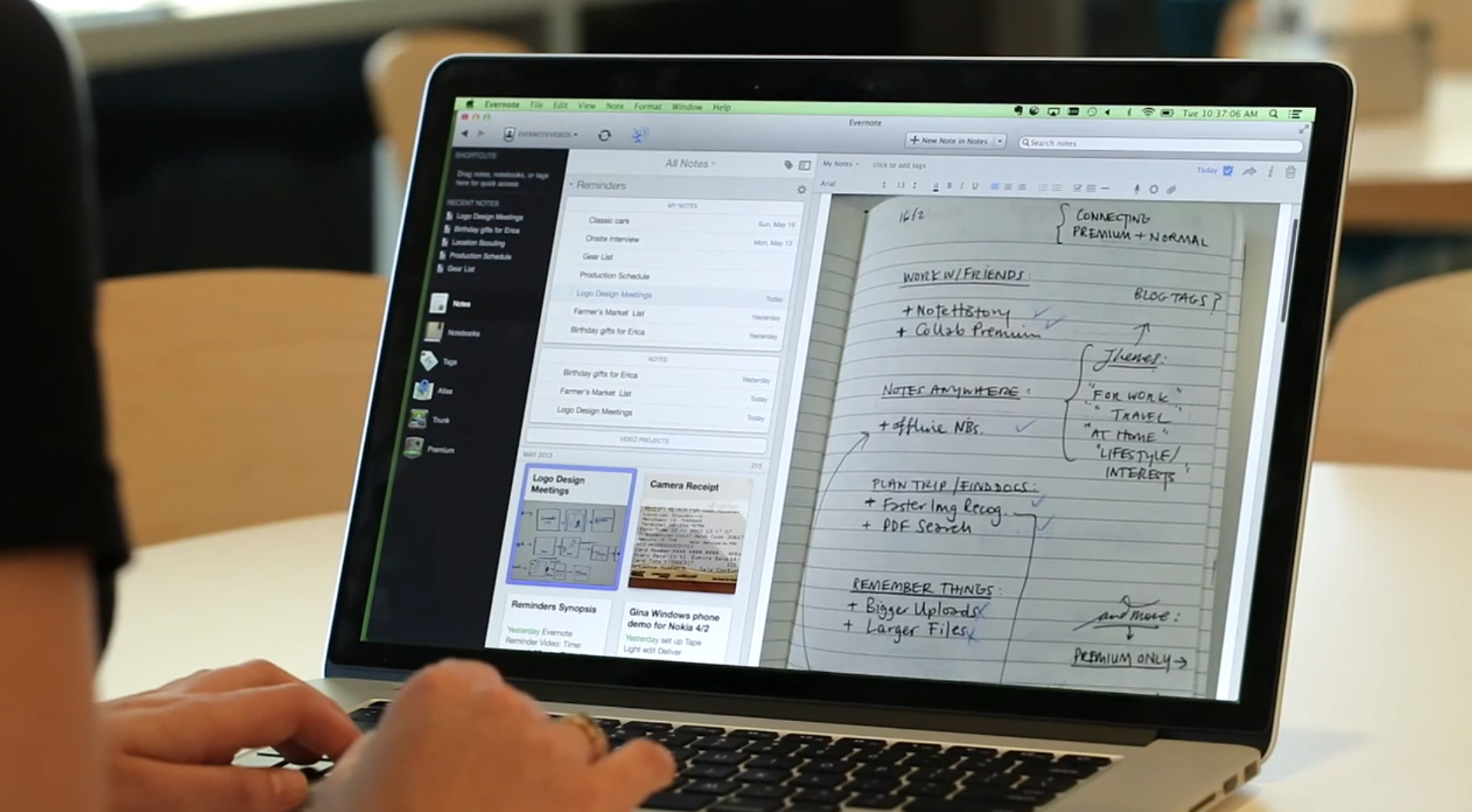
Evernote Reminders are a welcome addition
Over the course of the past week, Evernote Corporation has been updating its flagship Evernote client across all supported platforms. As with most Evernote updates, however, the changes implemented have not been equal, with users of Evernote for Mac 5.1.1 and Evernote for iPhone and iPad 5.2.3 getting the best deal.
The big news for Evernote users is the addition of support for reminders -- initially on Mac, iOS and the web-based platform. These can be triggered as email or in-app alarms, and are easily set via the small timer button at the top of a note.

iPad follows iPhone, gets the Mailbox treatment
On Thursday, following user demand, Mailbox released an update for its iOS mail app that introduces support for iPads. The service, which delivers more than 100 million messages each day, was previously available as an iPhone-only affair.
Mailbox boasts a better organized and easier to manage inbox, allowing its users to take advantage of swipe gestures to archive or trash messages. Similar to alarm clocks, the app also offers the option to snooze emails in order to receive them at a later date in the inbox.

TextExpander 2.0 for iOS gains fill-in snippets to catch up with OS X
iOS may well have a halfway decent keyboard, but it is still far slower to use than a regular desktop or laptop keyboard. Anything that can be done to reduce the amount of typing that has to be done on a daily basis is to be welcomed, and this is something that TextExpander has offered for some time. Type a few letters and they can be expanded into longer words or even entire sentences. With version 2.0 things just got a whole lot better.
There are a couple of key enhancements to be found in this latest release, not least of which is support for formatting. The context menu can now be used to add richly formatted text so you can save even more time.

MediaFire introduces native music playback and video streaming for its Android, iOS and web apps
On Wednesday, cloud storage provider MediaFire, which now boasts 30 million users, launched support for native music playback and video streaming in its Android, iOS and web apps. The new feature is available through an update that is rolling out today.
MediaFire currently offers three plans -- basic (free), Pro and Business -- which come with 50GB, 100GB and 1TB of cloud storage, respectively. However, users who do not wish to shell out for a premium plan (either Pro or Business) are stuck with a 200 MB limit for uploaded files, which suggests that they are not able to take full advantage of both music playback and video streaming support.
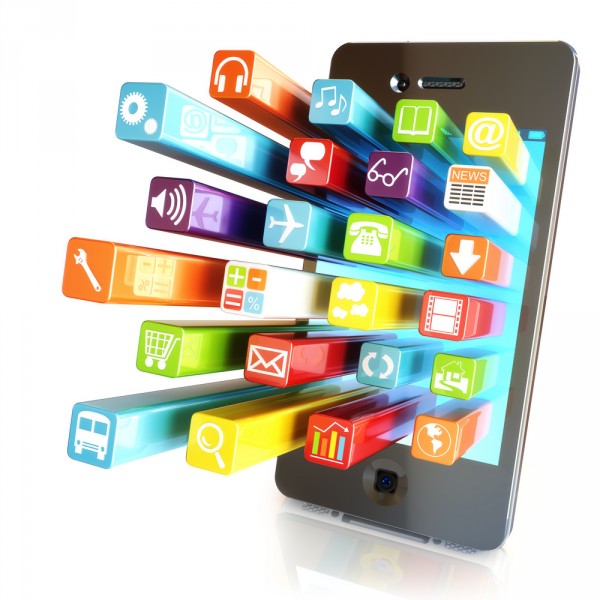
Why design makes the difference between good and bad apps
The first stage of developing an app involves no technical skills at all, it's also the hardest, and that’s coming up with an original idea. There are already thousands of apps out there so you need to make sure that what you’re proposing hasn't been done before. Or at the very least that you have a new and original twist on an idea that will make it stand out from the crowd.
It's important to note that just creating an app isn't going to make you money, research by Canalys in 2012 showed that some two-thirds of apps received fewer than 1,000 downloads in their first year. The store pages have many thousands of "zombie apps" which still appear on the websites but never get downloaded.
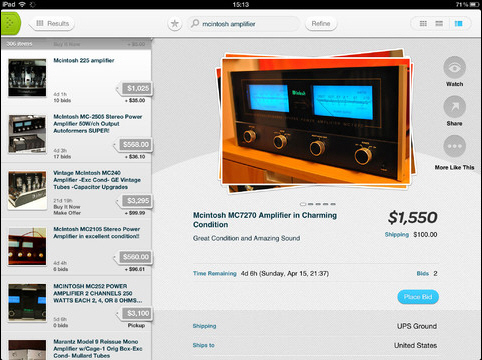
eBay for iOS update includes new UI and registration via driver's license
The iOS versions of eBay’s app have been updated with a redesigned interface and a raft of other changes. The latest release improves on the stripped back UI that was available in previous versions and larger photos can now be accessed. As before, there are versions of the app available for iPad (which is version 2.3.0) and iPhone (which has reached version 3.0.0).
But there’s more than a new look to the latest version of the app. If you’re one of those people who has yet to create an eBay account, the signup process just got a whole lot easier -- if you’re in the US, that is. Forget time-consuming form filling, you can now sign up for an account with a quick scan of your driver’s license.

Pass the champagne! Windows Phone pips BlackBerry to third place
Change the rules of the game and you change the hierarchy. Two days ago research company Gartner released its latest report on the state of smartphone market which, based on sales, places Windows Phone in fourth place, just behind BlackBerry in terms of share. Today, IDC also released its latest report for Q1 2013, that measures shipments, and the two smartphone operating systems trade places -- Windows Phone now surpasses BlackBerry for the third spot in the charts.
That switch means Microsoft and Nokia have a reason to celebrate, in spite of numerous barbs coming from pundits. "Windows Phone claiming the third spot is a first and helps validate the direction taken by Microsoft and key partner Nokia", says IDC's Kevin Restivo. But the research company suggests that the operating system still has a long way to go: "Given the relatively low volume generated, the Windows Phone camp will need to show further gains to solidify its status as an alternative to Android or iOS".
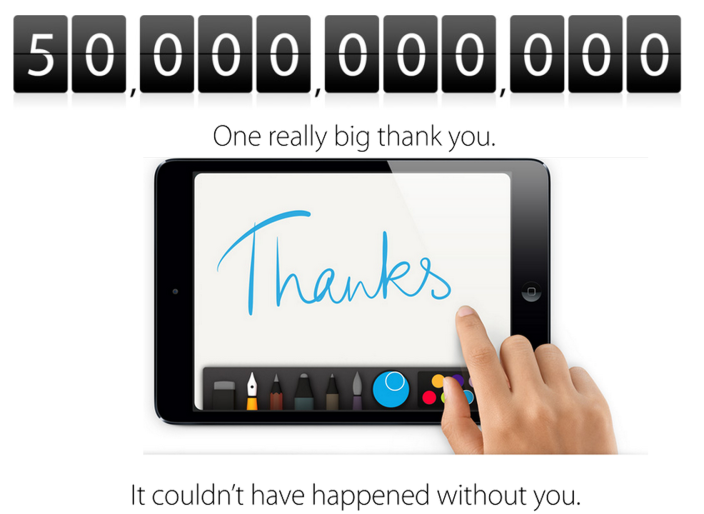
Apple reveals the 50 billionth app download winner
It’s been a while coming. Two weeks ago my colleague Alan Buckingham wrote that Apple was fast closing in on a remarkable milestone -- 50 billion unique downloads (excluding re-downloads and updates) from the App Store -- and said the "big event seems destined to take place within the next 24 hours".
It actually took around 14 days from that point for the 50 billionth download to happen (or be announced at least), and for the winner of the $10,000 App Store gift card Apple put up as a prize to be revealed.
